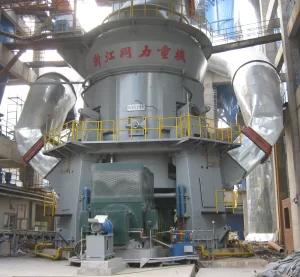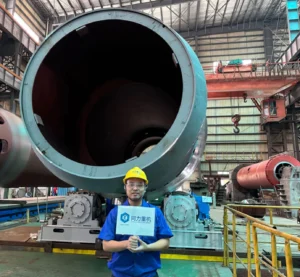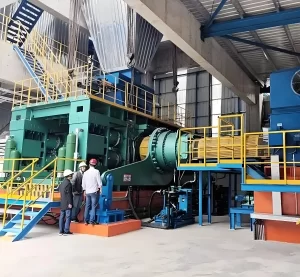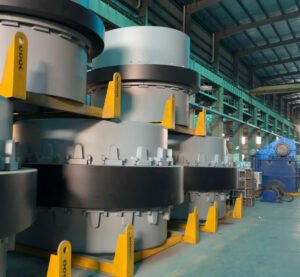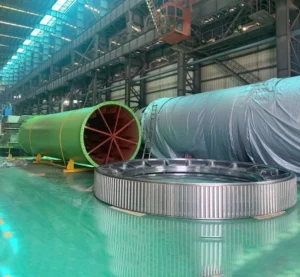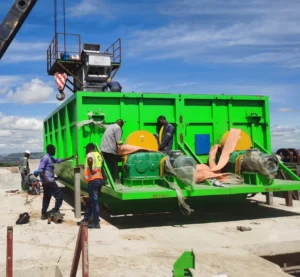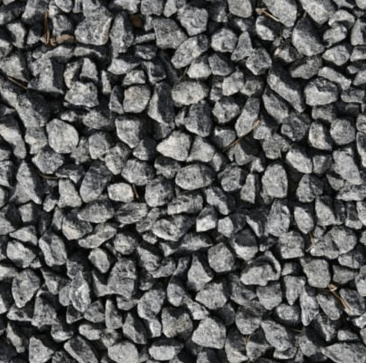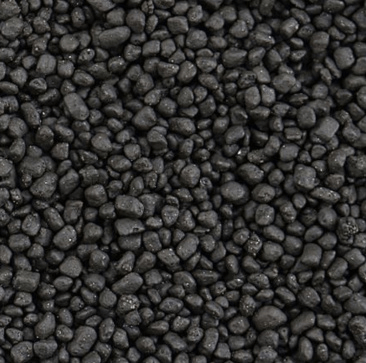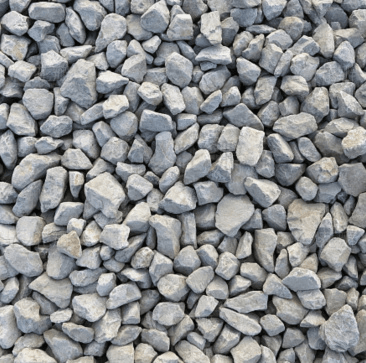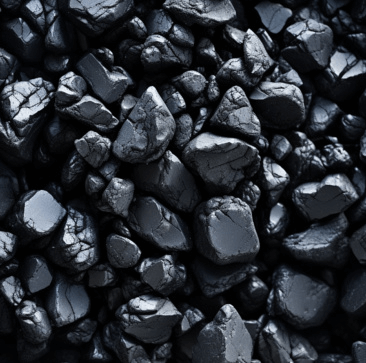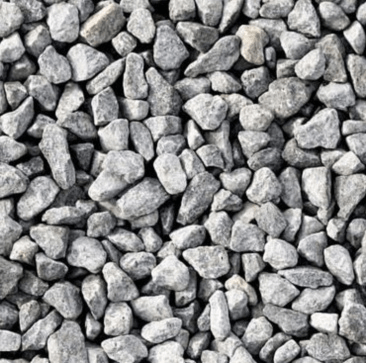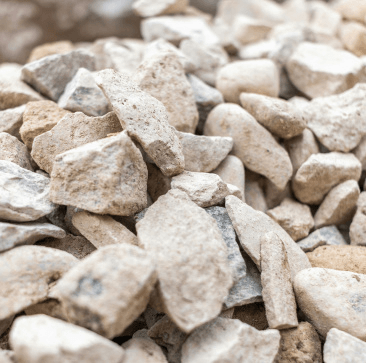-
1. What materials are suitable for screening with Tongli drum screen?
Tongli drum screen is suitable for processing materials such as coal, sand and gravel, ore, construction waste, fertilizer, etc. It uses a rotating screen drum to grade and screen materials, and is particularly suitable for screening wet and sticky materials, especially corrosive fertilizers. The screening efficiency of Tongli drum screen is as high as over 85%, and the screening capacity is strong. It can process 50-500 tons of materials per hour, depending on the diameter and length of the screen drum. Because the screen drum is not easy to be blocked during rotation and has a self-cleaning device, it performs particularly well in the screening of sticky materials, ensuring stable production efficiency.
-
2. What are the main features of Tongli vibrating screen?
Tongli vibrating screen adopts high-frequency vibration screening technology and is suitable for processing materials of various particle sizes, such as ore, sand and gravel, coal, chemical raw materials, etc. Its main features are simple structure, high vibration intensity, high screening efficiency, and small footprint. The screening efficiency of the vibrating screen can reach 85%-90%, and the screening particle size range is 0.1mm to 50mm, which can meet the needs of different working conditions. Tongli vibrating screen has good wear resistance in design and low maintenance cost. Customers who do not have high requirements for dust removal can consider using this screening equipment.
-
3. What are the advantages of Tongli vibrating screen in screening fine-grained materials?
Tongli vibrating screen is specially designed for fine-grained materials and sticky materials. Its biggest advantage is that it can effectively prevent the screen from being blocked by the vibration of the elastic screen, ensuring efficient screening. The screening accuracy of the vibrating screen is higher than 90%, which is particularly suitable for screening materials with a particle size of less than 1mm, such as mineral powder, fine sand, etc. Compared with traditional screening equipment, the vibrating screen can reduce the screen blockage rate by more than 50%, improving the screening efficiency and output.
-
4. How to choose the right Tongli screening equipment according to the material?
The selection of the right Tongli screening equipment should be determined according to the nature, output and screening requirements of the material. For the treatment of wet and sticky materials, it is recommended to use the Tongli drum screen, whose rotating screen drum is not easy to clog and has strong screening ability; for granular materials, the vibrating screen is a better choice, which can quickly and efficiently screen various types of ores, coal and other materials; if fine particles or sticky materials need to be screened, the vibrating screen can effectively prevent clogging and ensure high-precision screening. By reasonably selecting screening equipment, enterprises can improve production efficiency and reduce equipment maintenance costs.
-
5. What are the key points for the maintenance of Tongli drum screen?
First, it is necessary to regularly check whether the screen drum is worn or blocked, especially when handling wet materials, pay attention to the cleaning of the screen, and check whether the self-cleaning device is faulty in time; secondly, check the rotating mechanism and bearing lubrication of the drum screen to ensure that there is no jamming; regularly tighten the bolts of the screen drum bracket to prevent loosening due to vibration. The equipment needs to be fully inspected and maintained every 500 hours of operation, which can effectively extend the service life of the drum screen.
-
6. Which one is more suitable for large-scale screening, the Tongli vibrating screen or the drum screen?
Due to its high-frequency vibration characteristics, the Tongli vibrating screen is suitable for processing various materials with uniform particle sizes such as ores and coals, with high screening efficiency and an hourly output of 200-800 tons. The drum screen is more suitable for processing sticky and wet materials, such as construction waste and fertilizers, and the output can also reach 50-500 tons per hour.

